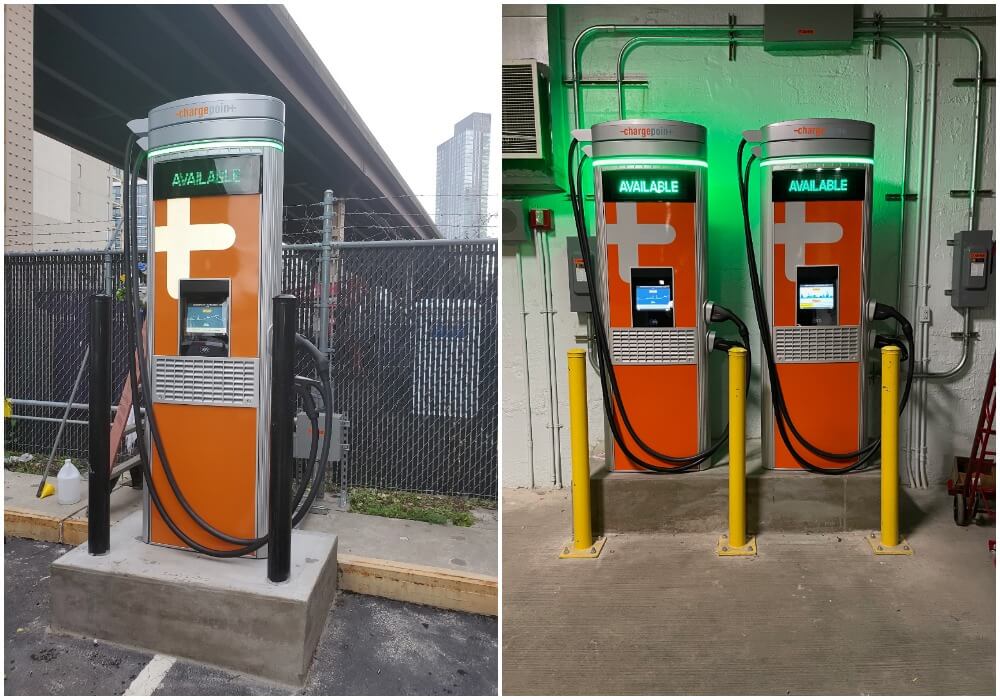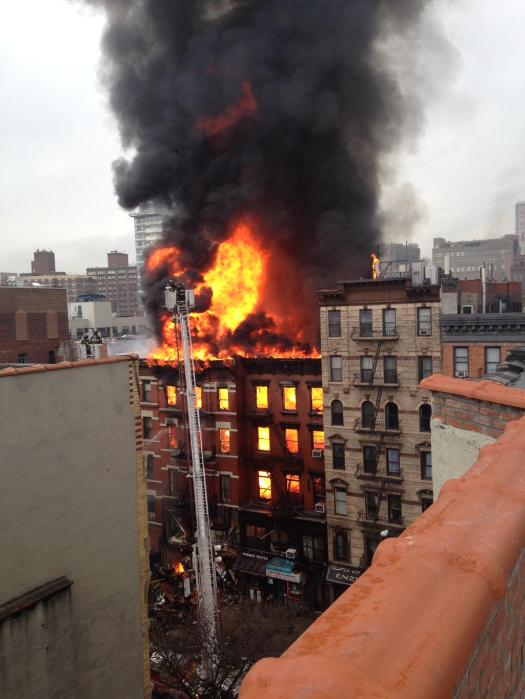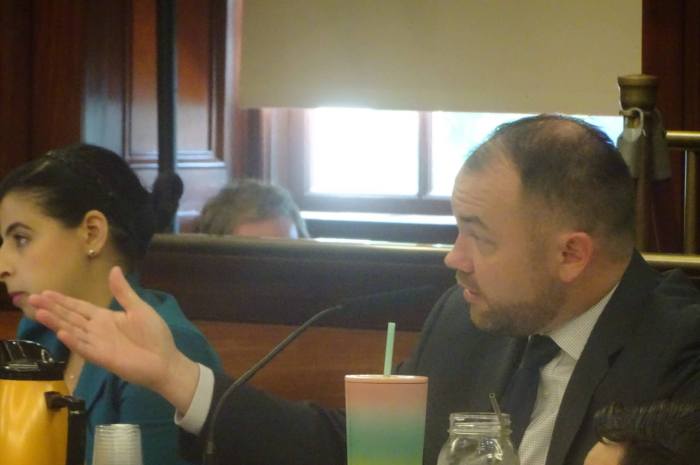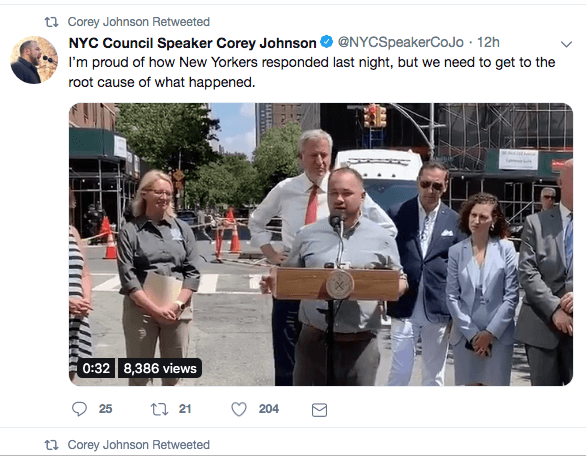Con Edison has awarded New York City $250,000 to pay for more than a dozen fast charging stations for the 3,100-strong municipal electric vehicle fleet, amNewYork can exclusively reveal.
“The climate crisis is real and it’s urgent, and that’s why the City of New York is transitioning to an all-electric municipal vehicle fleet by 2040,” said Lisette Camilo, Commissioner of the Department of Citywide Administrative Services (DCAS), which manages the city’s stable of vehicles.
The funding comes from Con Ed’s so-called PowerReady program, which awards money to public and private applicants to help offset their costs of installing electric charging infrastructure.
The $250,000 will reimburse 15 so-called Level 3 chargers owned by DCAS at six locations in Brooklyn, Manhattan, Queens, and Staten Island. The juice ports use direct current and can recharge an electric car in about 30 minutes, while it takes about 4 hours for cars hooked up to a Level 2 charger.
The city has installed 90 out of 100 planned fast charging stations so far, which come in at $35,200 each, not including installation costs. Officials hope to get $1.3 million through the Con Ed incentive scheme to fund 39 stations total.
The utility giant’s program, approved by the state’s regulatory body the Public Service Commission, has $290 million in funding available and covers as much as 50%-90% of installation costs for the speedy chargers.
Almost all city fast chargers are for municipal vehicles only, but 10 will be available for the general public, including eight already in service: four on Midland Beach, Staten Island; three on Randalls Island; and one at the World’s Fair Marina in Queens.
The city currently has 1,061 electric vehicle charging ports, which includes the Level 3 fast chargers, Level 2 chargers, a mobile charger, and 89 free-standing solar charging carports.
The total municipal fleet consists of 29,718 on and off-road vehicles — the nation’s largest — including police vehicles, fire engines, and sanitation trucks, as well as equipment like carts and light towers. Of these, 3,146 are electric, or just under 11%.
Mayor Bill de Blasio ordered all of the city’s vehicles be electric by 2040 in his State of the City earlier this year.
Brooklyn-based moped sharing startup Revel opened an electric vehicle charging “superhub” in Bedford-Stuyvesant, Brooklyn, in June, to support its roll-out of a new all-electric ride-share service.





































